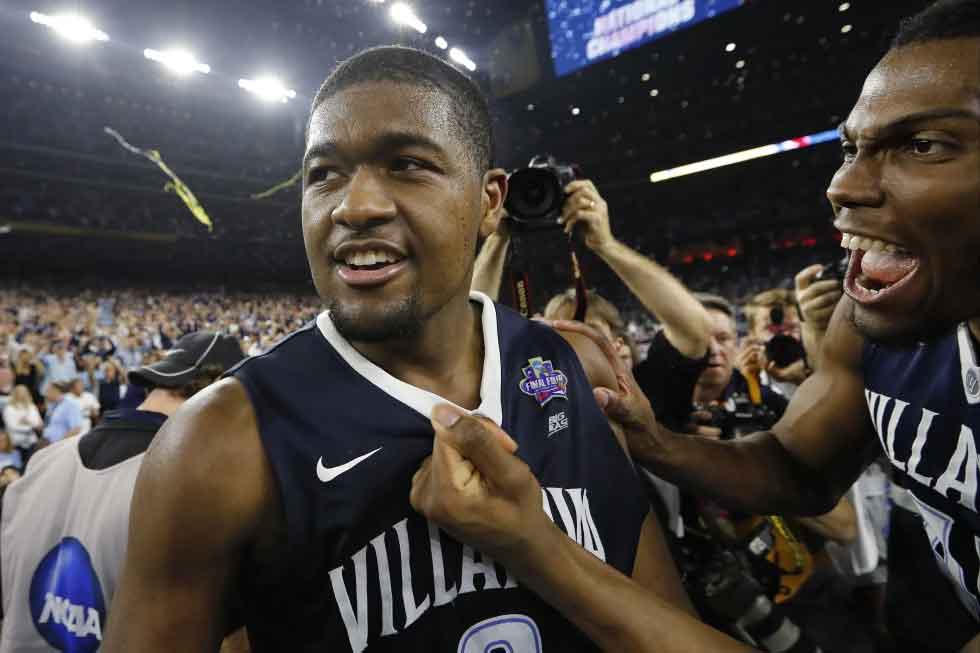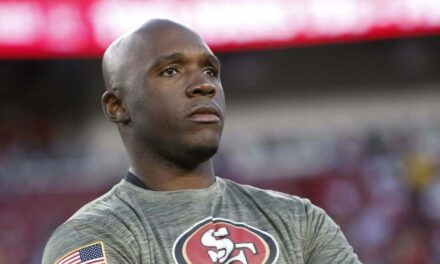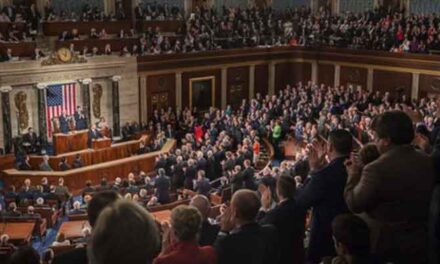Kris Jenkins, the Villanova hero in 2016 national title game, sues NCAA for money he could have made
Kris Jenkins, who made the winning shot for Villanova in the 2016 college basketball championship game, is suing the NCAA and six conferences to recoup income he contends he would have earned if athletes at the time were not barred from making money from their name, image and likeness.

By Eric Olson
Kris Jenkins, who made the winning shot for Villanova in the 2016 college basketball championship game, is suing the NCAA and six conferences to recoup income he contends he would have earned if athletes at the time were not barred from making money from their name, image and likeness.
Jenkins is among some 350 current and former athletes who have opted out of a $2.8 billion antitrust settlement with the NCAA that’s on the cusp of final approval. Some of the opt-outs have filed lawsuits to pursue lost income on their own.
NCAA athletes weren’t allowed to make NIL money until July 2021. The so-called House settlement would provide back pay for athletes dating back to 2016, with the amount for each generally determined by sport and how much the athlete played. Jenkins played at Villanova from 2013-17 and in his last two seasons started 72 of 76 games and averaged 13 points per game.
Attorney Kevin T. Duffy Jr. of Greenwich, Connecticut, filed Jenkins’ lawsuit Saturday in the U.S. District Court for the Southern District of New York. It requests a jury trial and compensation for Jenkins to be determined at trial. The NCAA declined to comment.
According to the lawsuit, Jenkins is entitled to a share of the largesse associated with Villanova winning the national title on his buzzer-beating 3-pointer.
As a result of that shot, the lawsuit says, the NCAA reportedly paid the Big East $19.1 million to distribute among its member schools; the athletic department received a $22.6 million gift, largest in program history; and the athletic program generated $11.4 million in revenue and fully funded its non-revenue sports.
The lawsuit notes alumni donations increased 27% in 2016, enrollment increased and that the publicity value of winning the title was about $250 million and about $1 billion if the value of the game broadcasts were factored in.
The lawsuit says because of the NCAA’s restraints on athlete compensation, Jenkins was denied a share of game telecast revenue and compensation he would have received for media broadcast uses of his NIL (“BNIL”) as well as income he would have earned for his NIL from third parties for use in video games and other opportunities, including marketing, sponsorship, social media, branding and promotional and other NIL deals.
The Atlantic Coast Conference, Big East, Big Ten, Big 12, Pac-12 and Southeastern Conference were named as defendants, the lawsuit said, because each participated with the NCAA in the “collusive restraint of trade and other violations of law alleged in this Complaint.”









